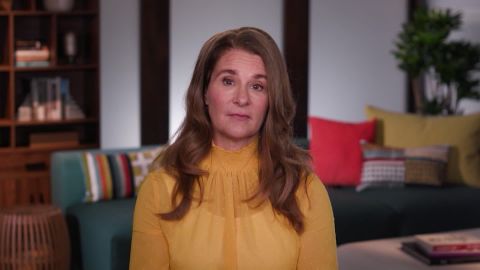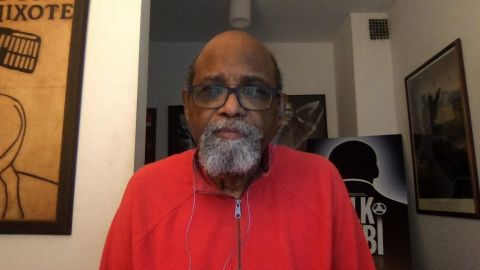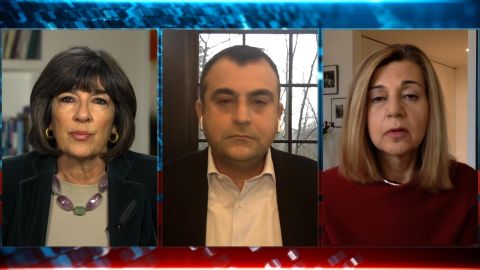Read Transcript EXPAND
CHRISTIANE AMANPOUR: OK. So, tell us then, I mean, sort of unpack this awful story, which pitted the most powerful law enforcement against a civil rights leader. Why did J. Edgar Hoover — and it comes across in your film — hate Martin Luther King so much?
SAM POLLARD, DIRECTOR, “MLK/FBI”: Well, he hated Dr. King because here was a black man who galvanized a group of thousands and thousands of people to come to Washington. And he gave this phenomenal speech, “I Have a Dream.” And to J. Edgar Hoover, he became the most dangerous Negro in America. And why was that? Because he was saying — Dr. King and his associates were saying, African-Americans no longer wanted to be on the margins of American society. They wanted to be part of integrated into American society. And for J. Edgar Hoover and for many white Americans, that was anathema. All of a sudden, black people want to be integrated? They want to sit in front of the bus? They want to be able to drink from white water fountains? He didn’t understand that. So, he basically got the approval of Bobby Kennedy to start to wiretap Dr. King, because the first thing he considered, that Dr. King was flirting with communism because of his relationship with Stanley Levison. And then, after they started wiretapping King and his associates, they learned that King had a very complicated personal life that involved him meeting with other women. So, then they turned their — their lens to that direction, figuring, if they could document King’s’s sort of very complicated personal life, they can use that to defrock him, discredit him and destroy his reputation.
AMANPOUR: I mean, and it was intense, because, basically, the FBI sent a letter on with tapes of these indiscretions. And one of the letters suggested to Coretta King, you know, he should kill himself for the sake of the movement and for the sake of the country. How successful in real time was the FBI’s effort to discredit Dr. King? How successful was their effort to drive a wedge into his marriage and into his family life?
POLLARD: They weren’t successful. I mean, obviously, the press at that time in the ’60s didn’t grab onto people’s personal lives. They didn’t use those things against our professional celebrities. And so it didn’t work. I mean, imagine William Sullivan, one of Dr. — one of J. Edgar Hoover’s confidants, creating this letter, supposed to be a person, a black person, and basically intimating that King should kill himself. Then, on top of that, they send a tape that’s supposed to be King in the situation with another woman to his wife, Coretta Scott King. Now, obviously, they were hoping that it would destroy his marriage, it would destroy his sort of tenure in the Southern Christian Leadership Conference. But it didn’t.
About This Episode EXPAND
Former FBI agent Ali Soufan and journalist Margaret Sullivan assess the threat of domestic terrorism leading up to Inauguration Day. Acclaimed director Sam Pollard discusses his new film “MLK/FBI.” Melinda Gates explains how the pandemic is setting women back and how to get them back into the workforce.
LEARN MORE


